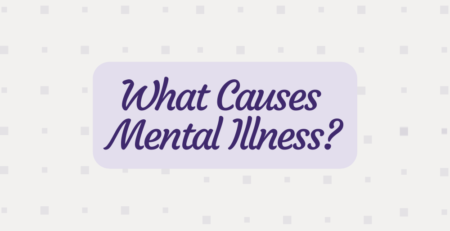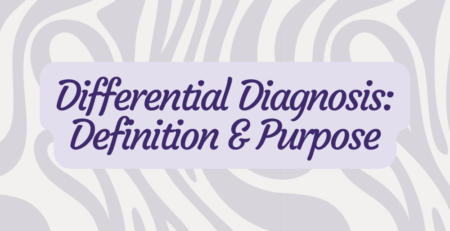How to Find a Psychiatrist
When you’re struggling with your mood, relationships or motivation, having a neutral third party to talk to can be helpful. However, it might be tricky to find a mental health provider if you aren’t sure what to look for. While many types of therapists – including social workers, licensed professional counselors and psychologists – are available to help you, you may make the most progress in working with a psychiatrist.
Benefits of Psychiatric Care
Psychiatrists are well-rounded experts in diagnosing, preventing and treating mental, emotional and behavioral disorders. They typically treat the most complex mental health conditions, especially ones that require medication or medical treatments. While California requires all therapists to have at least a master’s degree in their practice area, psychiatrists are licensed medical doctors. This additional education gives them a thorough understanding of the mind-body connection.
After earning their M.D., a psychiatrist must complete a residency in psychiatric care, where they learn how to treat disorders like trauma, depression and anxiety. They can also evaluate their clients for any co-occurring diagnoses and prescribe and monitor medications, as necessary. Whereas therapists and counselors typically recommend healthy coping techniques and lifestyle changes for dealing with your challenges, a psychiatrist can start you on a path toward improved holistic health.
What Conditions Do Psychiatrists Treat?
Psychiatrists can assess and treat issues like these.
- Substance use disorders
- Depression
- Anxiety
- PTSD
- OCD
- Panic disorder
- ADHD
- Schizophrenia
- Borderline personality disorder
- Bipolar disorder
When evaluating your mental health, a psychiatrist may use specific screening tools to rule out any physical illnesses that could mimic or mask the symptoms of other conditions. For example, if you are always fatigued, sluggish and have trouble concentrating, a medical doctor’s diagnostic tools could reveal that you have a vitamin D deficiency instead of depression.
Take an Active Role in Your Mental Health
If counseling alone has not successfully resolved your symptoms, you could benefit from a combination of psychotherapy and medication. Another quality that sets psychiatrists apart from other mental health professionals is their ability to write prescriptions for medications like Lexapro, Celexa, Paxil and Zoloft. A psychiatrist can help you weigh the potential benefits and drawbacks of taking prescriptions, including potential side effects. If you discuss your concerns and learn about your options with a medical doctor, you are much more likely to come up with a practical plan that realistically fits your lifestyle.
Seeing a psychiatrist can also be beneficial if you have already been taking a medication for a while and feel it’s no longer working well for you. They can adjust your dose or prescribe an alternative that might be more effective.
Finding a Psychiatrist
When you’re exploring mental health care for the first time, you can start by talking to your general practitioner about your concerns. They might be able to recommend a psychiatrist or help you find one. You might be more comfortable beginning your search online if you don’t have a regular doctor.
When looking for a psychiatrist, it’s crucial to find one who specializes in the diagnosis or concern you’re seeking help for. You might also want to try finding a psychiatrist who shares a similar background with you. For instance, a doctor who has also experienced trauma would have a better understanding of what you’ve gone through and how it has affected your life.
A Diverse Team to Meet Your Needs
Serene Behavioral Health’s experienced clinical professionals provide four levels of care for adults with complex mental illnesses. We use evidence-based practices to maximize our clients’ ability to understand their diagnosis and begin the journey to recovery. If you need help beyond what a psychiatrist or therapist can provide, we are only a phone call away.
















